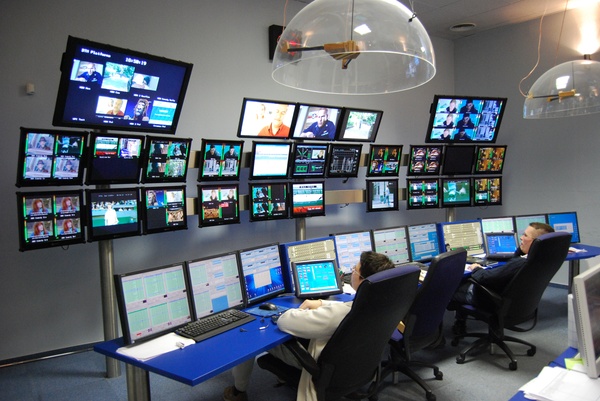Monitoring
A few weeks ago I was attending an inaugural lecture in Tilburg where monitoring was discussed in the context of pension funds. In the Netherlands pension funds are monitored by the Dutch Central Bank. The decisions that are being made within pension funds, for example on indexation, investment and contribution policies, need to be approved by a governance board that consists mainly of representative delegations from the employers and the employees. This board of trustees typically meets at very low frequencies, which does not give them time to oversee all the technical details that underlie much of these policy decisions. For example, investment strategies are typically designed by experts (often econometricians!) who work day jobs at the fund.
So, how to resolve the problem of ascertaining whether the monitor is doing a good job? Or the problem of the monitor of the monitors (ad infinitum)? Luckily, two academics, Alchian and Demsetz, have identified this problem already way back in 1972 in an article in the American Economic Review. This article focused on determining the remuneration of monitors. Quite recently David Rahman (“But who will monitor the monitor?”, 2012, American Economic Review, 102(6): 2767–2797.) has followed up on this discussion and suggested a new kind of contract for monitors. The key, as in many economic decisions, is to provide the right incentives for the monitors. Rahman shows that the optimal contract should contain a clause that the monitor gets paid only if he detects deliberate mistakes. For example, pension fund operatives could include some bogus information in the reports they send to a board of trustees. If the board detects the mistake, the board of trustees can stay on; if not, it is time to look for another board. Of course, it is important that the deliberate mistakes have no serious consequences for the operations of the fund. In banking we do not want traders to make deliberate mistakes, and thereby risking burning down the house. Given the fact that this is what has actually happened recently (Lehmann, AIG, UBS, Madoff et cetera), maybe the time has come to fire some monitors?!
Tekst by: Ronald Mahieu




